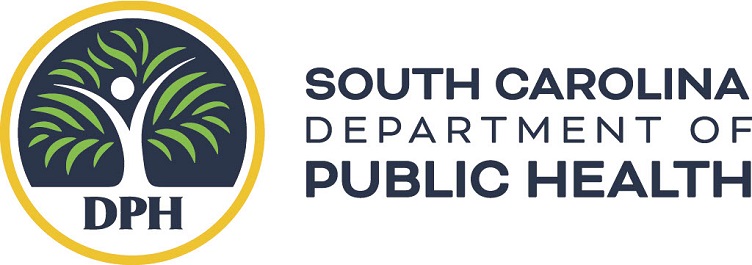COLUMBIA, S.C. – The South Carolina Department of Public Health (DPH) has confirmed a case of measles in an Upstate resident who was recently aboard an international flight.
DPH was notified by the Centers for Disease Prevention and Control (CDC) on Sept. 12 of South Carolina residents who were on an international flight with a person who had measles. The Upstate resident, who was among those exposed on the flight, is now confirmed to have measles from test results from DPH’s public health laboratory Monday, Sept. 16.
DPH has conducted a contact investigation and is in the process of notifying people who may have been exposed in a health care setting. No other possible exposures in the community have been identified.
“Measles is a highly contagious and serious disease caused by a virus that affects the respiratory tract,” said Dr. Linda Bell, DPH’s state epidemiologist. “The unexpected exposure to the many passengers on the involved flight is the reason that maintaining high vaccination coverage is crucial. It is proven that the best way to prevent measles is by vaccination. I strongly encourage that everyone makes sure that they stay up to date with all recommended vaccinations.”
Measles virus spreads through the air when an infected person coughs or sneezes. Measles infection can cause serious disease that can lead to hospitalization and even death. The initial symptoms of measles include fever, cough and runny nose. These symptoms are followed by a rash, which usually lasts five or six days. Although most people recover, up to 20% of those who have measles require hospitalization.
Measles vaccination, usually given as a Measles, Mumps and Rubella (MMR) vaccine, is recommended for all children, who should receive two doses of MMR vaccine. The first dose at 12 to 15 months of age, and the second at 4 to 6 years of age.
Although measles is now uncommon in the United States, cases are increasing in other parts of the world and importations have resulted in large U.S. outbreaks in recent years. Anyone traveling outside the U.S. should consult with a health care provider about immunization recommendations. If traveling to a country where measles is common, children 6 to 12 months should get an early dose of MMR vaccine, and for all ages, it is important to make sure all vaccinations are up to date.
For more information about measles, visit DPH website or CDC website.
DPH Confirms Measles in Upstate Resident







